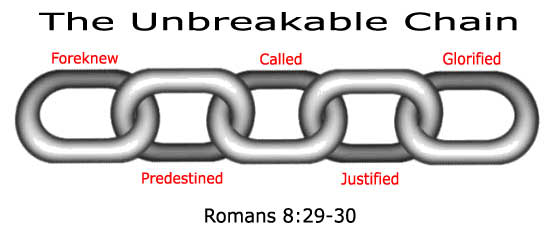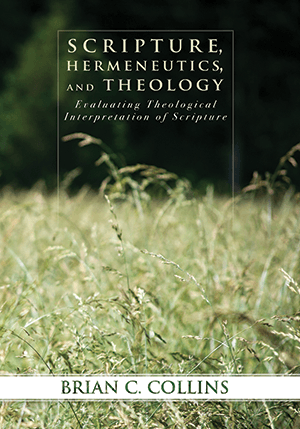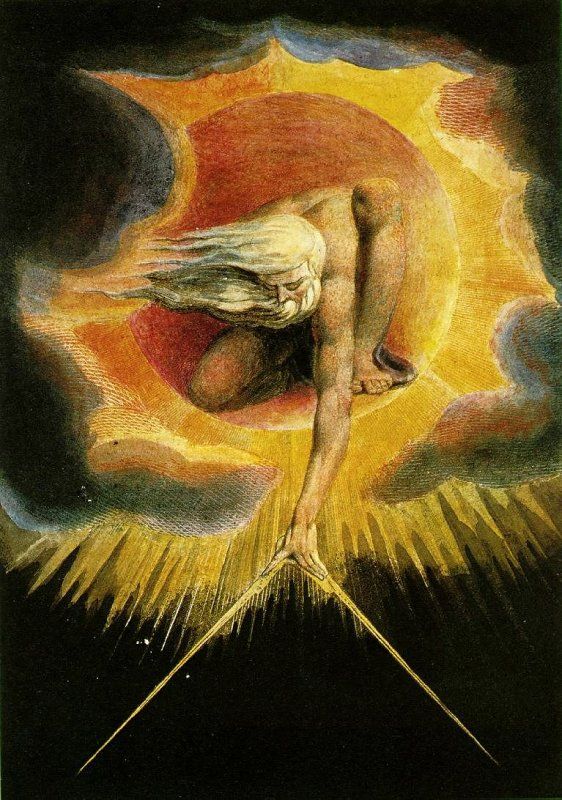
Questions about God’s foreknowledge and his election of certain people to salvation are frequently raised during my talks in churches and colleges. These questions are raised not out of mere curiosity, but out of a desire to be assured of one’s salvation. Such an assurance may be enjoyed only if we believe that God is the author of our salvation from beginning to the end, that salvation is by God’s grace alone and that the history of the church with its ups and downs is not the result of arbitrary human choices, but represents the working out of God’s eternal plan of salvation. Hence, the doctrine of God’s sovereignty in predestination and election (monergism) is a most comforting doctrine.
I. The Salvation Chain
For those whom he foreknew he also predestined to be conformed to the image of his Son, in order that he might be the firstborn among many brothers. 30 And those whom he predestined he also called, and those whom he called he also justified, and those whom he justified he also glorified (Rom. 8: 29-30).
When Paul states that to those who love God and are called according to his purpose all things work together for good, he is not thinking only of those things that can be seen round about us now, or those events that are taking place now; no, he includes even time and eternity. The chain of salvation he is discussing reaches back to that which, considered from a human standpoint, could be called the dim past, “the quiet recess of eternity,” and forward into the boundless future.One very important fact must be mentioned: every link in this chain of salvation represents a divine action. To be sure, human responsibility and action is not thereby ruled out, but here (Rom. 8:29, 30) it is never specifically mentioned. [William Hendriksen Romans (Baker Books, 1981), p. 281] Continue reading “The Unbreakable Chain of Salvation. Part 1: The Meaning of “Foreknowledge” in Rom. 8:29”


